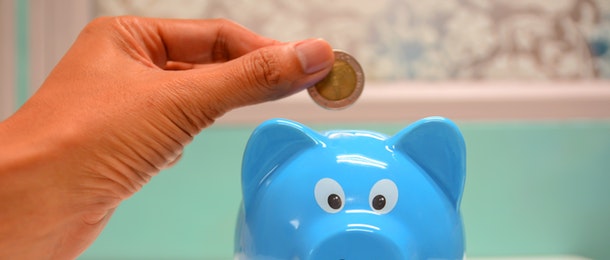The impact of the COVID-19-related early release of superannuation (ERS) on member balances could be reversed by providing expanded contribution caps and a one-off government contribution for low-balance members, according to two submissions made to the government ahead of the budget.
The submissions, made by the Tax Institute and the Australian Institute of Superannuation Trustees (AIST), both recognised the impact of ERS on member balances, but adopted different approaches to help restore the balances of some super fund members.
The Tax Institute noted the role ERS played in depleting super balances alongside the wider economic impact of the COVID-19 pandemic, adding “reform is needed to encourage Australians to contribute to superannuation”.
“While it is our opinion that the superannuation system contains overly generous concessions which could be wound back to provide funding for other pertinent and enduring reforms to the tax system, a temporary reprieve to existing contributions caps is required to facilitate the repair of the damage to superannuation caused by the above,” the institute said.
“A possible option could be the provision of a cap, over and above the existing caps, to a maximum total contribution of, say, $50,000 open for a period of up to five years to allow for the financial recovery of those adversely impacted by the economic impacts of COVID-19.”
As part of its submission, the AIST also called for concessions connected to individual contributions, but called on the government to make further contributions directly into funds, as well as expanding the existing co-contribution scheme.
The institute recommended this one-off contribution would apply only to low-income earners earning less than $39,837 who had legally accessed their super early, and the contribution would be set at a quarter of the value of the super accessed, and thus capped at a maximum of $5000 for those who accessed the full $20,000.
It noted that while extra contributions were not possible for many low-balance members who used the ERS measures, those who can make contributions should be incentivised to do so via the existing co-contribution scheme.
“Currently, the amount of government co-contribution received depends on income and how much the individual contributes. The current maximum is $500 and the government matching rate for contributions is set at 50 per cent,” it said.
“Before 2012, the scheme was more generous, with 100 per cent or 150 per cent matching and higher income thresholds of around $60,000.
“A similar temporary approach to increasing the co-contribution rate to $1.50 for each dollar for the 2021/22 and 2022/23 financial years would assist some Australians to recover their COVID-19 super gap. The higher income threshold should be raised to around $62,000 as it was in 2012.”




